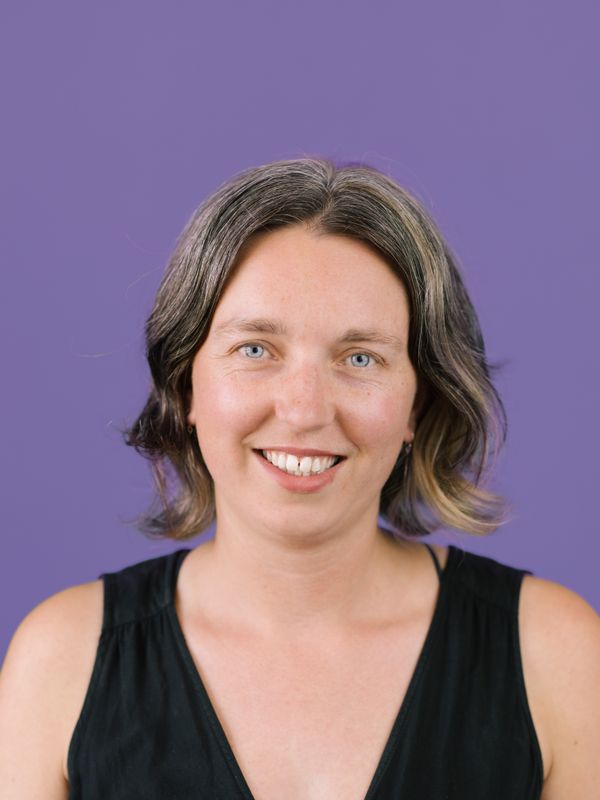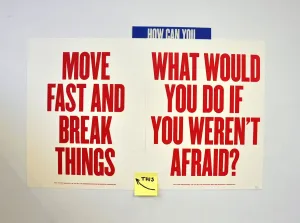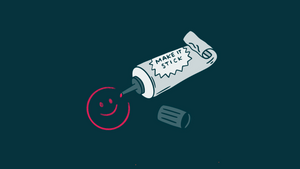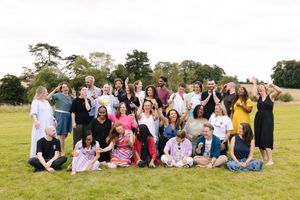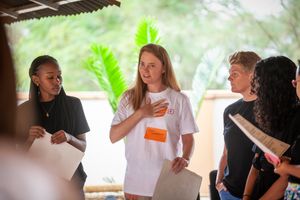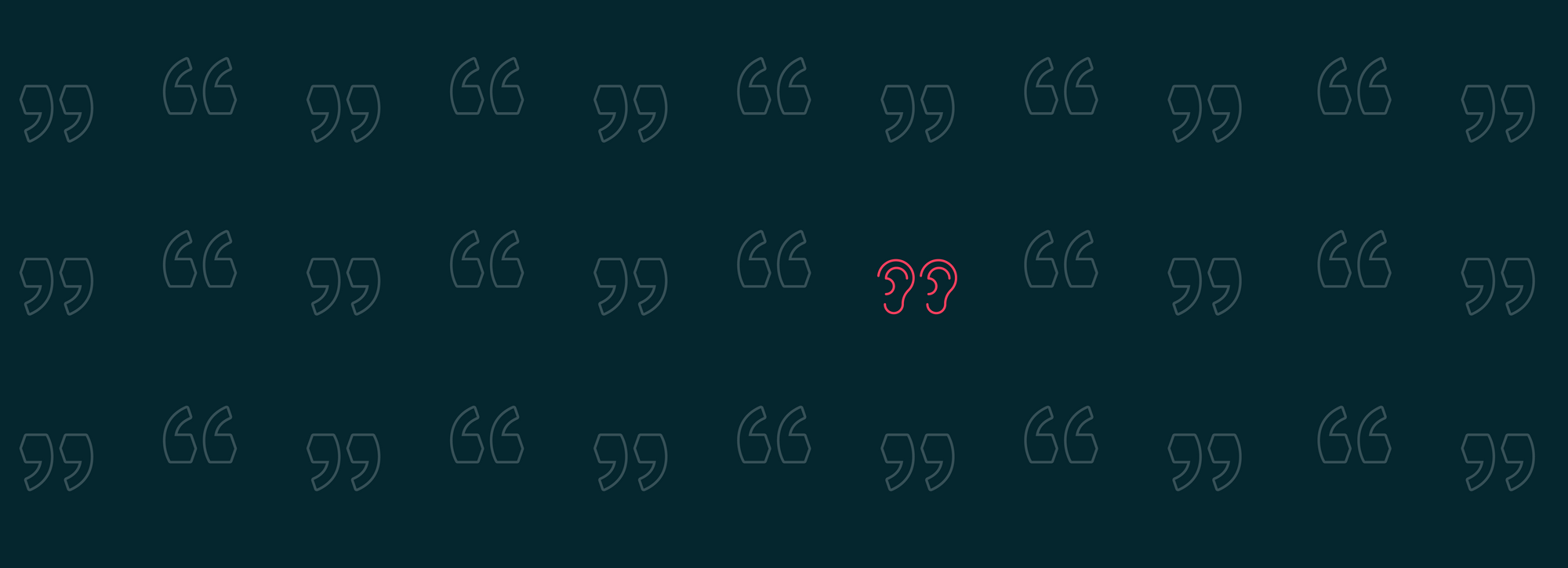
How can groups work together today to create a brighter horizon for tomorrow?
That’s a big question, and one that catalysed the inaugural episode of Collective Conversations on 25th March, 2022.
Around 60 people joined the conversation from across four continents. The Zoom chat was alive with an audience dialling in from the UK, Mozambique, Spain, India, France and the USA, bringing feelings of excitement, exhaustion and holiday-readiness! Together, with the insights of local councillor and social entrepreneur Josh Babarinde and Innovation and Change Manager at the Royal Society of Arts Ella Firebrace, we explored how groups can work together today, to better the future.
Beyond gathering
Speaking from Eastbourne (which we’re told is the sunniest town in the UK), Josh drew parallels between his current political work as a local councillor and his background in social entrepreneurship. Josh used recent experiences to help define what a Collective is and how it relates to action, and in particular, to compare Collectives to other forms of gathering. Thinking back to the United Nations Climate Change Conference COP26, Josh suggested that merely being in the same place and talking about the same types of things are not necessarily natural predecessors of action or change.
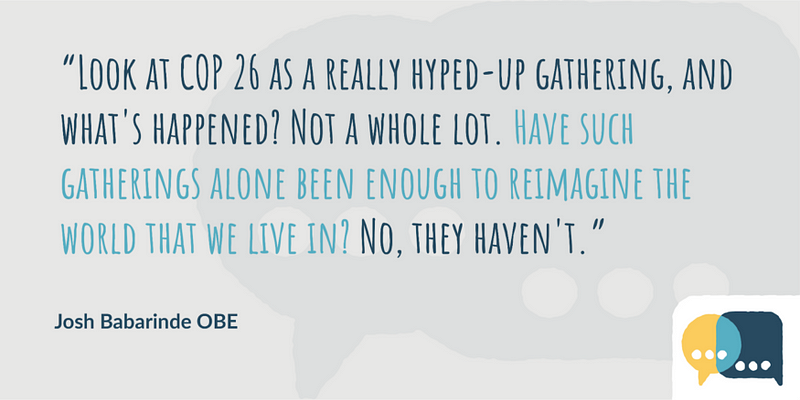
For the conversation that followed, Josh, Ella, and the audience, each reflected upon experiences that position collectives firmly as mechanisms for action. Much more than people simply being co-present and sharing their ideas, our first episode of Collective Conversations evidenced and explored a definition of Collectives as vehicles for change brought about through the cohering of collective intelligence and will.
The Bigger Picture
Beyond the specifics and detail of collective organising and action on the ground, both Josh and Ella reflected upon the wider context within which collectives often function. Through accounts of work within communities and organisations, Josh and Ella explored the need to situate collective impact in the present within a bigger picture of collective imagination and a shared sense of purpose.
In reflecting upon his accomplishments to date, which earned him an OBE in 2020, Josh highlighted the role of community-level organising in his work. Josh shared the story of creating and running social enterprise Cracked It, which on the surface was a smartphone repair service based in London and staffed by young ex-offenders. The bigger picture though is that Cracked It was a determined effort not simply to revitalise smartphones, but to collectively revitalise a community and to re-imagine narratives about living in it. Josh demonstrated how through the delivery of a smartphone repair service, individuals from across a previously disconnected community were brought together, and over time, a new sense of self related to living in the area emerged.
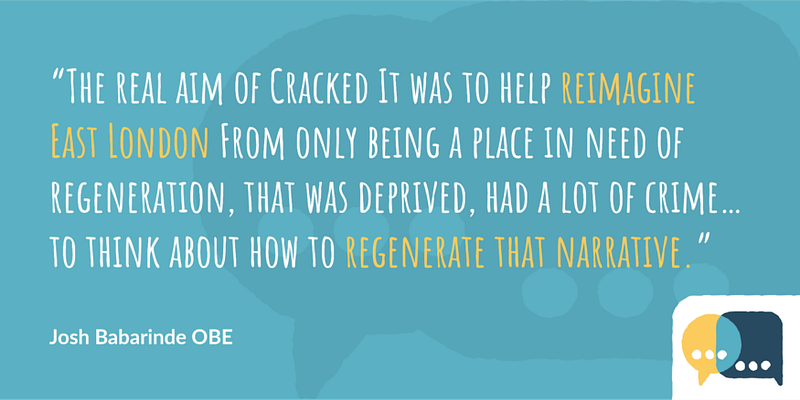
The power of shared big picture goals was made more tangible still through Ella’s retelling of her experience working with a group of Health and Social Care employees. NHS staff together formed a small collective of innovators and were tasked with trying to tackle some of the problems that they recognised within the organisation — from a culture of risk aversion to a lack of political will for change. Beyond approaching some of those specific problems, Ella recalled that the real win was ultimately about forming the collective itself; the very process of surfacing community goals, aligning on shared perspectives, and creating a mechanism for group action into the future.
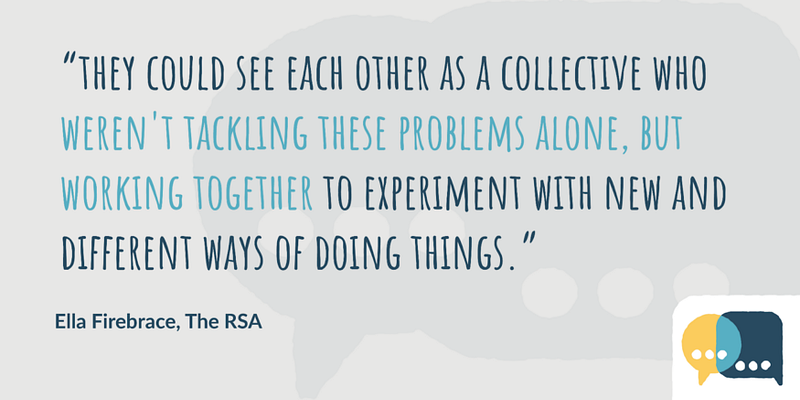
Always interested in collective action, both Josh and Ella deliberated on the necessity of holding in balance the largely reflective practice of big-picture goal alignment with the more active practices of real-world impact. Recognising the value of big picture goals on the one hand and tangible outcomes on the other, Ella encouraged us to be mindful of finding our own sense of balance between thinking and doing.
A sense of the bigger picture — the wider context within which collectives work — emerged through Josh’s championing of the role of collectives in reshaping communities, and then again in Ella’s platforming of collectives as powerful mechanisms for alignment on a wider sense of purpose. At least to begin with, Ella suggested, don’t sweat the small stuff. Instead, bring people along with you and welcome them in by affirming a collective identity built around a common mission.
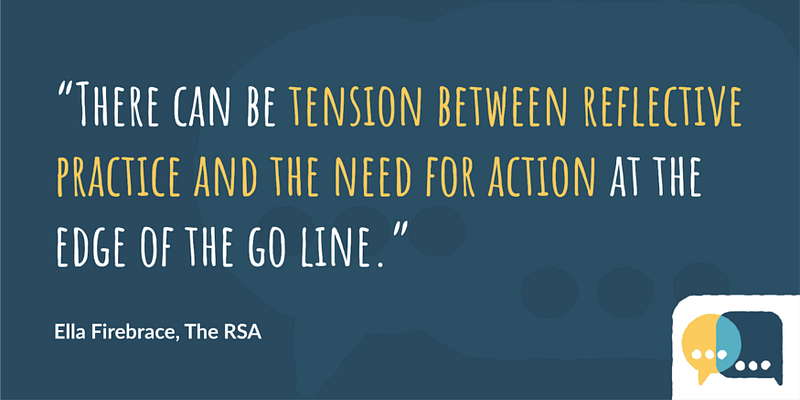
Cohering diversity
As the conversation continued, Josh and Ella explored the symbiosis between collective action and the role of celebrating, facilitating, and leveraging diversity. In examples ranging from shaping local development to unlocking organisational change, Josh and Ella platformed the value of utilising the passion and wisdom of diverse stakeholders.
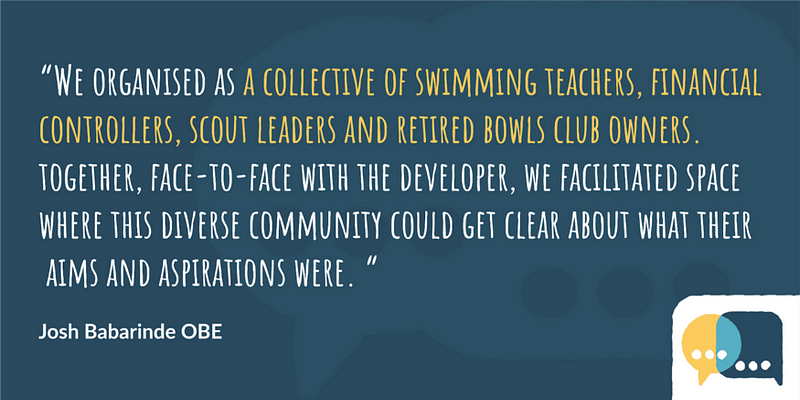
Josh celebrated the role of a diverse collective of local residents together shaping the development of a parcel of derelict land in his constituency. Where the prevailing narrative was of a place defined by deprivation, antisocial behaviour, and crime, Josh demonstrated the role of diverse community stakeholders in coming together and articulating shared aspirations and demands for the land. From local swimming teachers to those working in finance, Josh reflected upon the role of skillful facilitation in cohering diverse perspectives from right across his community. Ultimately through their collective action, many of the residents’ demands for the derelict land were met by the developer.
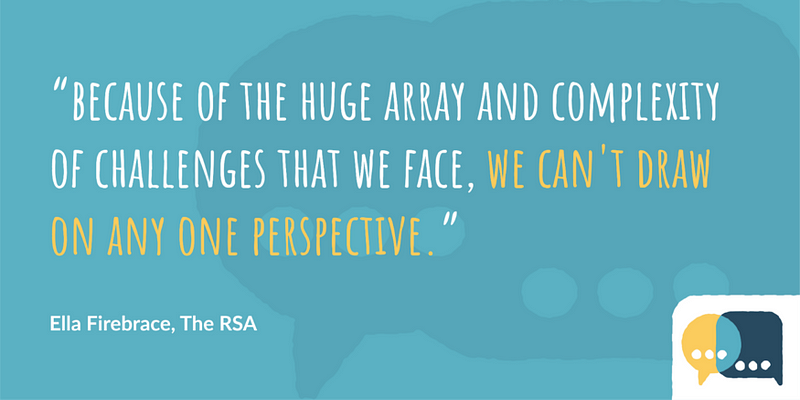
Stemming from her experiences working within social research and action, Ella situated her exploration into the role of collectives in imagining better tomorrows in the context of the converging threats that are defining our todays. Ella encouraged us to consider our models of education in this time of complex challenges, and raised the question of a potential gap between learning which encourages specialism and the diverse and multidisciplinary nature of the challenges we are all faced with.
Ella’s perspective, that society privileges a deepening of knowledge and specialism, functions within what she recognises as a growing need for knowledge transfer across sectors and between subjects. Like Josh’s work, the careful convening of multidisciplinarity and diversity, and finding ways to cohere diverse voices and intelligence, is crucial. Ella and Josh champion the role of diverse forms of collective learning, that through careful needs-based facilitation, can cohere divergent perspectives into shared ambitions and plans for change. Together with Josh and Ella’s capacities to bring change makers and the levers of power into the conversation, they demonstrated the transformational potential of holding space for moments of convergence and collaboration between diverse stakeholders. Collectives realise and make tangible that the whole is greater than the sum of its parts.
A Collective Future
For both explorers in our first episode of Collective Conversations, collective action is necessarily bound to questions about what the future might, could, or indeed should be.
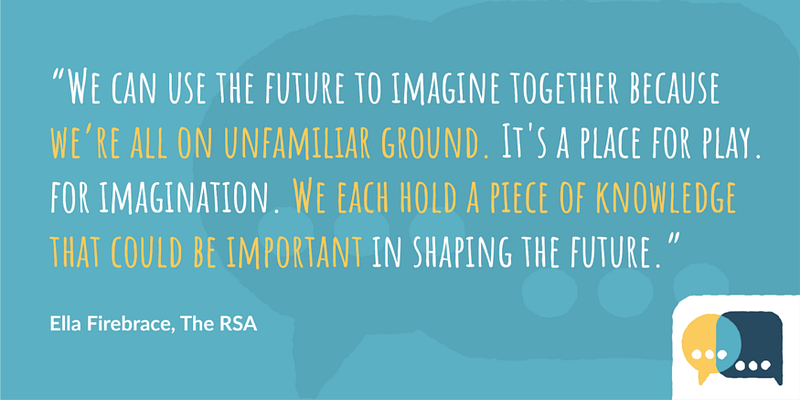
Ella explicitly reflected upon her own feelings about the future, and invited all of us in the conversation to do so as well. Whilst acknowledging certain levels of worry and a sense of uncertainty, Ella also encouraged us to recognise the future as a space of opportunity.
Ella framed the future as a common-pool resource, as a tool that we can wield for collective reimagining. She went further, and in suggesting that because nobody knows precisely what the future holds, there is a levelling of the playing field when it comes to collectively exploring and creatively reimagining what might be next.
More than that, we’ve learnt from Josh that the process of collectively thinking and working towards a changed future allows groups to deliver in the present also. This might be new connections between previously disparate communities in East London or better use of local development land in Eastbourne, but ultimately, diverse and passionate collectives tasked with reimagining the future were effective in shaping the present.
Ella, Josh and those in attendance are connected through a shared sense of the potential for collectives to enact change right now in places where it’s most needed. And further, to fix keen eyes on the horizon, and through collective knowledge and imagination, to redraw the future. The individuals who joined us from the varied countries at the start of the call are now connected through their common goals, shared interests, and moments of laughter, curiosity and idea generation. Through the collective imagining of the future that Ella shared, we began to recognise the sense that we could all be members of a multigenerational collective that is just getting started.
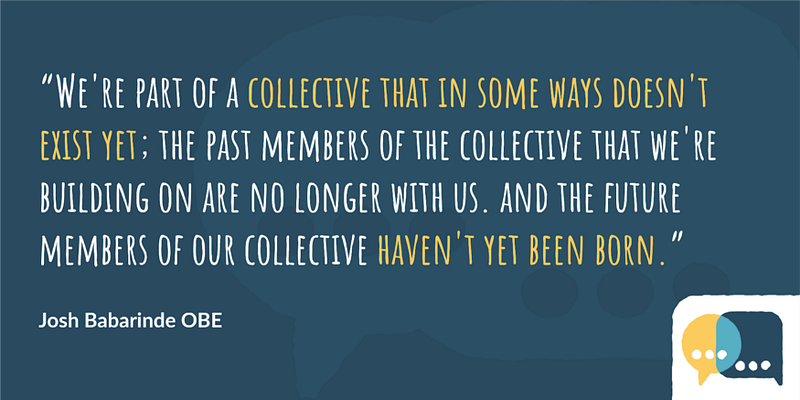
A final takeaway for you:
Use the future as a resource or tool for collective imagining. A space where, because of the many unknowns, diverse stakeholders can platform transformative ideas and explore alignment around big picture goals.
And if you read this as a newbie to Collective Conversations, you can read more and sign-up here to get updates and invites to future conversations.

